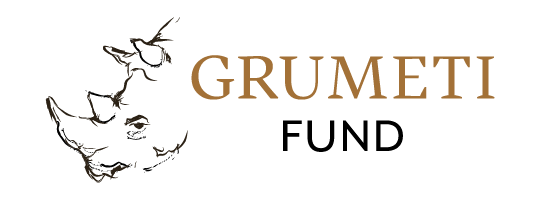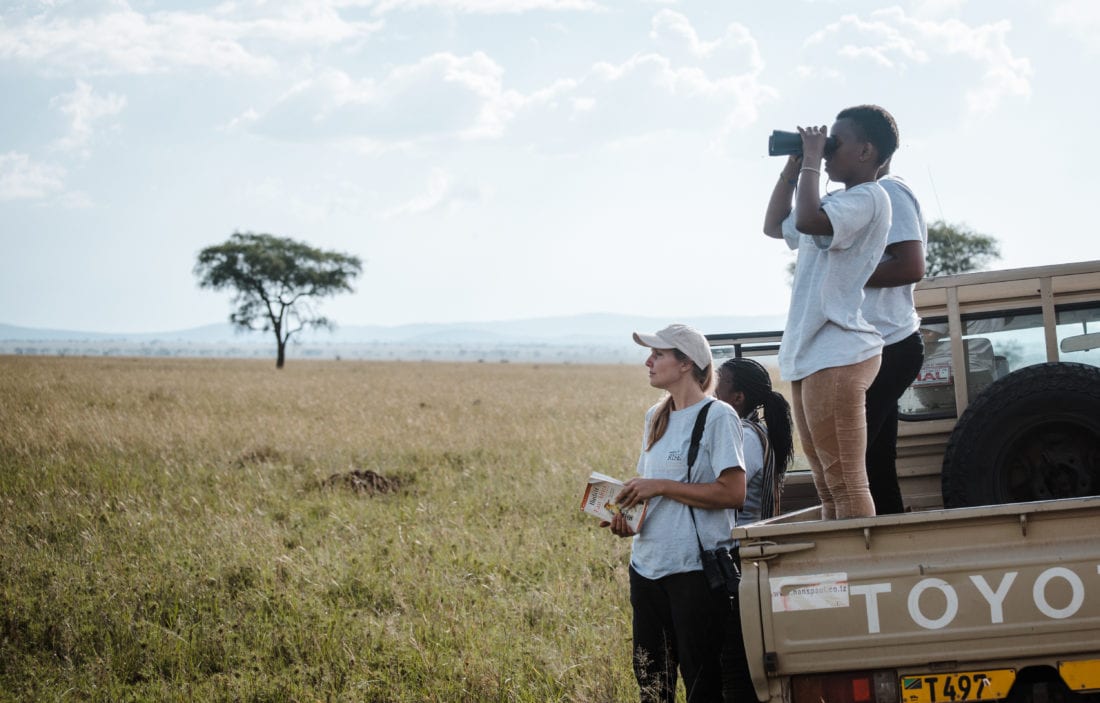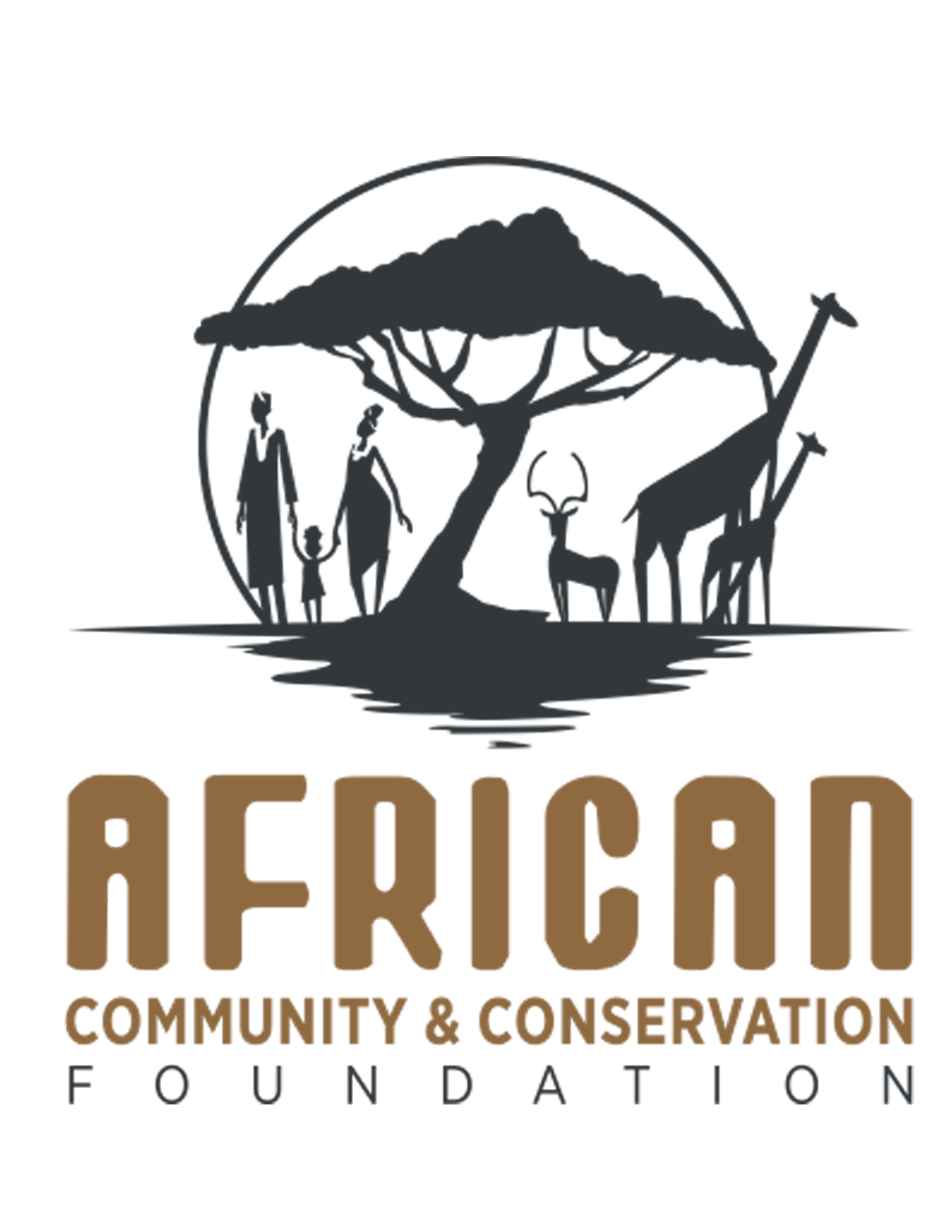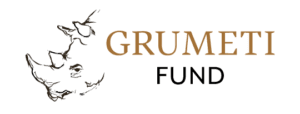Women in the Field
November marked the beginning of our first Women in the Field (WIF) program. This three-week program is an initiative of the Grumeti Fund’s Research and Innovation for the Serengeti Ecosystem (RISE). The program aims to support Tanzanian women with an interest in the conservation sector by developing field and research skills and making connections with other individuals and conservation organizations across Tanzania. We believe that conservation solutions will be most durable, impactful, and sustainable when diverse perspectives and experiences, including those of women, are incorporated.
Three women working in the field of conservation in Tanzania were enlisted to lead modules on human subjects research, wildlife observations, and logistics. The first week, the students learned from Catherine Gitige, an epidemiologist at the Ministry of Health in Tanzania. Catherine introduced the students to human subjects research. Catherine has in depth knowledge and experience with various human subjects research methodologies, research ethics, and currently specializes in work related to tuberculosis. The next 10 days were led by Josephine (Jo) Smit and delved into various modes of recording wildlife observations, including animal behaviour sampling, camera traps, and telemetry. As a co-founder of Southern Tanzania Elephant Program, Jo has extensive experience related to studying and observing African elephants and implementing human-elephant co-existence strategies. The final days of the program covered aspects of research logistics and professional development and were led by Anna Czupryna, a post-doc at the University of Glasgow working at the interface of human, domestic, and wild animal health. Anna has worked on multiple rabies projects in and around Serengeti National Park with an emphasis on domestic dog vaccination as a strategy to reduce rabies prevalence in people and wildlife.
Four women from around the country were handpicked from a pool of 132 applicants to form the WIF inaugural class. With varying backgrounds and interests, each participant brought a unique set of skills to the group. With the training program just having come to an end, the head of the program, Dr. Kristen Denninger-Snyder gets asks participant Loyce Majige, a recent university graduate (Mweka, 2019) with a BSc in Wildlife Management, about what the course meant to her. Loyce was born and raised in Bunda District and was once a student at the Grumeti Fund Environmental Education Center, where she discovered her passion for the environment and conservation. Since then, she has developed a keen interest in birding and wants to “become an example in the conservation and protection of wildlife in Tanzania.” [Responses are edited for brevity and clarity]

Loyce is third from the left and Kristen is furthest on the right
Kristen: Why do you want to be a conservationist or why is conservation important to you personally?
Loyce: I want to be a Conservationist because everyone is connected in some manner to Nature. My love for conservation grew when I first came to Grumeti for my environmental education (back when I was a student at the EEC) – I immediately wanted to be part of this work. I want to ensure that future generations will see wild animals in their natural habitat and the magic of how healthy ecosystems function.

Kristen: Why do you think it is important to ensure women are included in conservation activities?
Loyce: Women should be included in conservation activities because they are ambassadors to other women. There are women involved in illegal activities, such as poaching and cutting firewood, within protected areas. These activities negatively impact the environment and can be extremely dangerous to women’s wellbeing so including them in conservation decision making could keep women safe while also benefiting wildlife. Women are also a mirror of society; other women and people learn from them so it is important that women are engaged in conservation programs.

Kristen: What do you see as the value of the WIF program, and what have you enjoyed and been challenged by the most?
Loyce: A program like this helps us deepen our knowledge of conservation. We now know how to track animals and assess their physical condition, something that is really crucial in wildlife conservation. The program has also built our field data collection capacity. We are able to collect all kinds of data, from recording wildlife observations to conducting household surveys. We have learned how to use Open Data kit to record and maintain data.
I have really enjoyed being in the field, especially tracking and observing elephants. I’ve learned many research techniques and enjoyed discovering that we (women) make great teams. I now know we can establish collective goals, assign tasks, inspect each other’s work for quality, and make strides towards the larger goal (conservation).

Kristen: What do you hope to be doing in 5 years?
Loyce: Five years from now I’d like to be a conservation expert and potentially even lead some of my own projects. I want to use both social and natural science methods to conserve wildlife habitat. I think it would be great to tackle human-induced issues, such as destruction of wildlife habitat and poaching, while also discovering better ways to conserve wildlife like adaptive resource management.
You can support the RISE center and/or the Women in the Field program by donating to the Grumeti Fund here.




